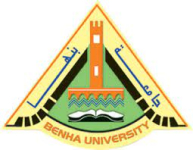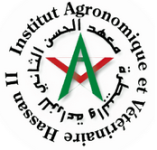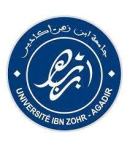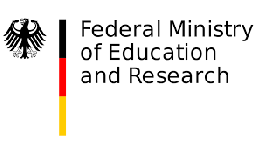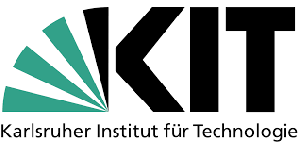Mediterranean agriculture needs to face with rising food production, due to population growing at fast pace and changing food production patterns. This scenario calls for increasing yields in a more sustainable environmental manner. For reaching a more sustainable water use in Mediterranean agriculture, a number of water policies have been launched, such as the Water Framework Directive (2000/60/EC) of the European Union (EU), the ‘Water’ law (10/95) of Morocco and the Egyptian Water Policy. However, more efforts are needed for transferring these policies and research and innovation outputs in this region, where irrigation, with 30% of the crop-land, is the largest water user in the Mediterranean region, being of vital importance for food security, employment and economic development. In the EU agricultural structure, small farms represent two-thirds (67.6%) of the total share of farm’s utilized land (EUROSTAT, 2018). Thus, smallholders act as a crucial part of the Mediterranean agricultural community. Nowadays, the Mediterranean region could save 35% of water by implementing more efficient irrigation and conveyance systems. To achieve a water-efficient agricultural sector, new irrigation technologies and best practices need to be adopted. However, these new irrigation innovations are only being used on large farms. Thus, the challenge is to widen the use of efficient irrigation technologies and practices among small farmers for increasing their crop production, their incomes, and their household food security. During the last decade, the European research community has put much effort into providing innovative technologies and decision support systems (DSS) to support the implementation of water resources management, however, these innovations have been poorly adopted by the small farmers. It is due, in part, to the chronic structural weaknesses of Mediterranean agriculture, namely, the ageing and less trained farm population, the small farm size and the low level of farm investments that impede the introduction of new irrigation technologies. Evidence coming from the field shows that the decision to adopt an irrigation technology is not only dependent on the nature of the technology itself, but on a host of other factors, such as: i) the costs incurred by a given piece of technology; ii) the lack of perceived (financial) benefits relative to their current practices, which they consider adequate; and iii) the poor design of the DSS and inadequate marketing and dissemination of these tools.











